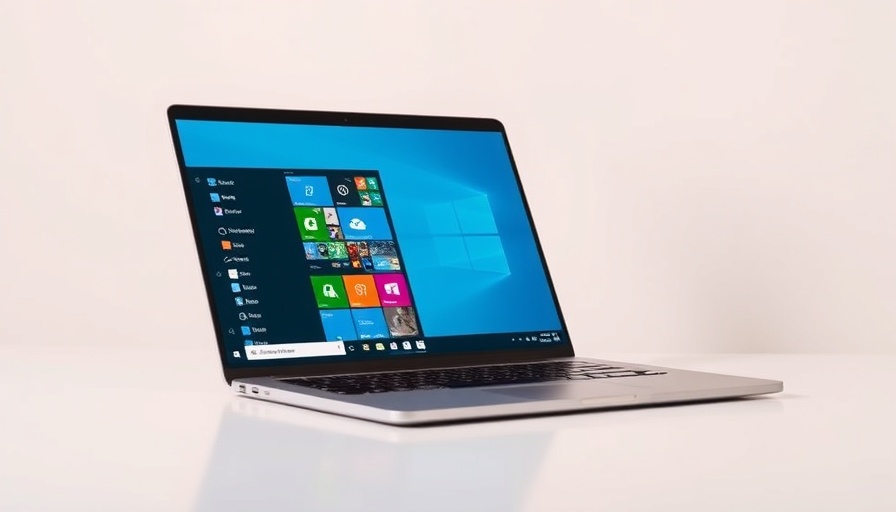
Hollywood's Legal Battle: Disney and Universal vs. AI
In an unprecedented move, Disney and Universal have taken a bold step into uncharted legal territory by filing the first major Hollywood lawsuit against Midjourney, an AI startup known for generating images from textual prompts. Their complaint, submitted to the U.S. District Court in Los Angeles, accuses Midjourney of “textbook copyright infringement” for allegedly replicating iconic characters from their extensive portfolios, including fan-favorites such as Darth Vader and Elsa.
The Allegations Against Midjourney
The studio giants claim that Midjourney has not only ignored cease and desist letters but has also profited significantly from its operations, reportedly generating around $300 million in 2024. The lawsuit emphasizes that commercializing these characters is the sole right of Disney and Universal, and the AI's actions jeopardize the foundational principles of U.S. copyright law. This move indicates the growing concerns within the entertainment industry regarding AI technology's potential to disrupt established revenue models.
AI Technology's Emergence in Creative Fields
The rise of AI image generators like Midjourney represents a significant shift in how content is created, particularly in the creative sectors. As these technologies evolve, the lines between inspiration and infringement continue to blur, creating a landscape rife with challenges. This lawsuit highlights the tensions between innovation and intellectual property—where artists, creators, and tech companies are grappling with how to protect their work in an increasingly automated world.
Impact on Industries and Future Predictions
As AI continues to develop, its implications span numerous sectors, especially in terms of job creation and economic impact. For self-employed individuals in creative fields, this lawsuit could be a pivotal moment. If Disney and Universal succeed, it may set precedents that protect original content better and enhance revenue channels for creators, potentially fostering new opportunities. Conversely, if Midjourney's defense prevails, it could open the floodgates for more AI-generated content, leading to an oversaturated market.
What This Means for Self-Employers
The intricacies of this case send ripples through various sectors, especially for self-employed creatives. Understanding the outcomes of legal challenges like these is crucial for freelancers and small business owners in the creative industry. The potential changes in copyright law may have a direct impact on how they navigate intellectual property issues within their work, possibly requiring them to adapt their strategies or rethink their creative processes.
Conclusion: The Avenues You Can Explore
For self-employed individuals keeping a close eye on developments in the tech and creative industries, the dynamics of this lawsuit could lead to new business strategies and opportunities. Engaging with discussions on copyright laws and AI technology may be crucial for staying ahead in fields dominated by rapid innovation. Embrace these evolving circumstances to ensure your work remains protected and relevant in a potentially competitive environment.
 Add Row
Add Row  Add
Add 




Write A Comment